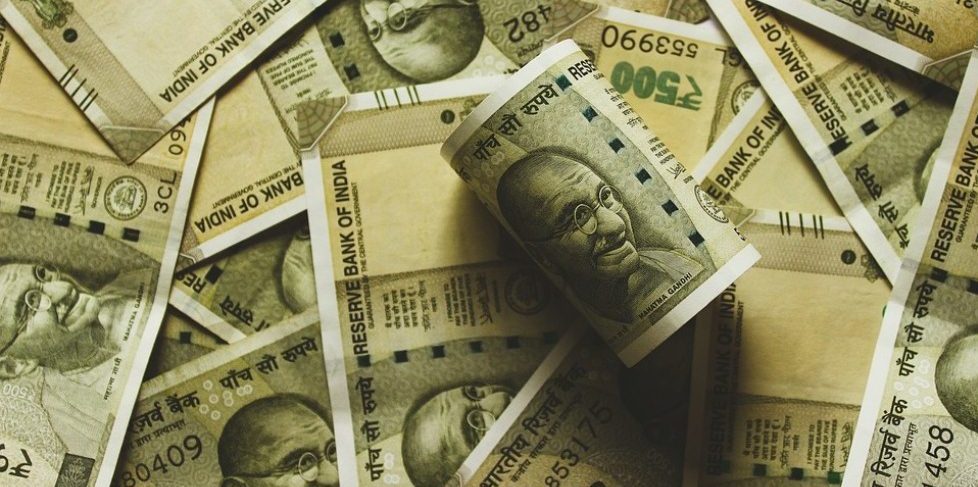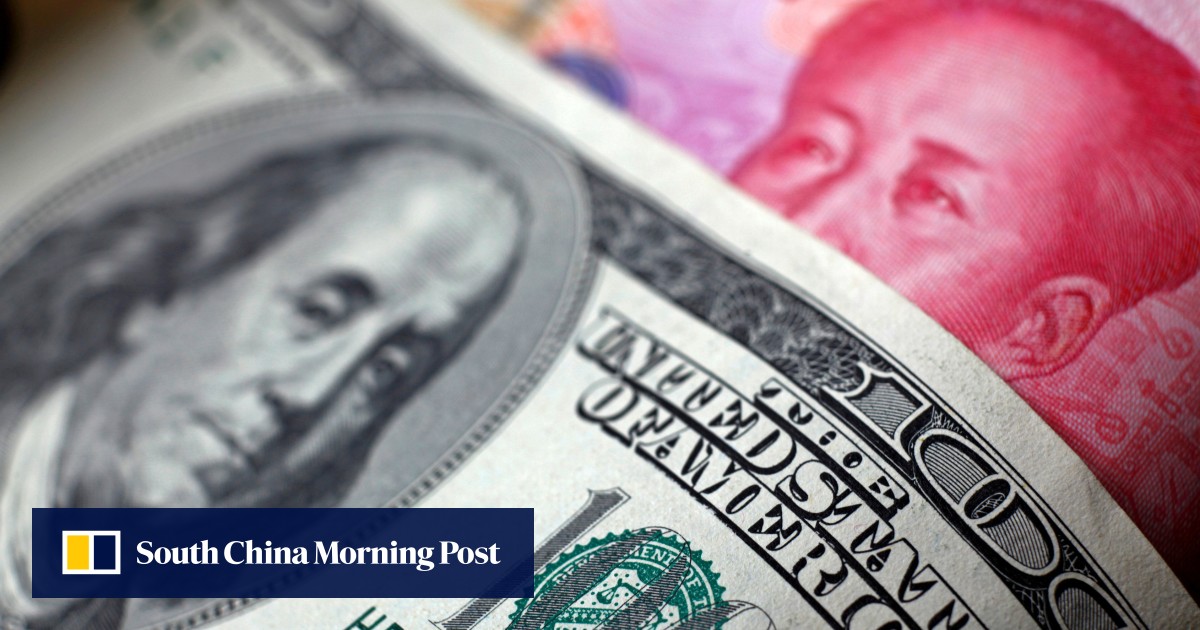TOKYO — It has become a habit for Akihiro Doi, 26, to take a break on his business trips by treating himself at an izakaya restaurant and a sento public bath just steps away from his favorite hotel.
As a big fan of Sekai Hotel Fuse, remodeled from an abandoned house and located on a market street in a small district in Higashi-Osaka, Doi has enjoyed his more than 30 stays since he first used the accommodation in late 2018.
Guests are offered free or discount service at around 10 partnering facilities on the street, allowing them to hop from a coffee shop to a bakery to a yakitori skewered chicken place and experience the local life instead of one curated for tourists.
On top of weekly payments to these stores from the hotel, 200 yen ($1.80) per stay is returned to the community, earmarked for children’s events and an e-commerce site to help stores reach more customers. Furnishings in hotel rooms are procured locally.
“Connecting and talking with local residents is much better than scanning a guidebook to find interesting places to go,” said Doi, who recently found another tasty izakaya known among locals. “I empathize with the hotel’s idea to warm up the market street, and I would like to make stays if there are any other hotels like this.”
Growing numbers of travelers in Asia are reassessing the way they travel to make their trips more moral as they seek to reduce negative economic and social impacts on the community and environment in the places they go to.
This trend has been reinforced in the wake of the COVID-19 pandemic, which led to suspensions of cross-border travel but eased the man-made stress and pollution at some of the most iconic tourist spots.
Companies in the travel ecosystem such as hotels and transportation services are increasingly responding to demand for so-called sustainable tourism, with the most apparent practices coming from airlines trying to reduce their carbon footprint even at a time when they are suffering from an unprecedented setback.
Sekai Hotel’s concept of a “whole town hotel” is what Koichi Yano, the chief executive of the company, has been aiming for since he started the community-based accommodation business in 2017.
As a response to problems including depopulation and overtourism — in which local communities are overwhelmed by throngs of tourists, threatening ordinary life — Yano thought of the idea of supporting the neighbors of his hotels.
“We have a sense of proactively making bonds within the local community,” Yano told Nikkei Asia, adding that there had not previously been a hotel in Japan that involved the whole community in its hotel experience. “We explain in detail our vision to local residents, as well as to guests when they arrive.”
The initiative was selected in December as one of 10 finalists from 99 projects in 31 countries for the Human City Design Award, co-hosted by the Seoul Metropolitan Government and other organizations, as a creative approach to revitalizing a community by focusing on lesser-known places.
Tourism is a “way of developing communities so it is desirable for destinations to imagine the ideal form of tourism,” Masaru Takayama, founding chair of the Asian Ecotourism Network, said at an online event held earlier this month.
Instead of attracting as many tourists as possible, destinations should be “focusing on a framework to enjoy a maximum economic return even with a smaller number of visitors,” he added.
A U.S. nonprofit organization, the Global Sustainable Tourism Council, has set up criteria for hotels and tour operators as minimum essentials to follow to provide responsible tourism to their guests. In June 2020, the Japan Tourism Agency published guidelines for sustainable tourism in Japan based on the GSTC criteria.
But critics also argue that such momentum for eco-friendly tourism may not remain once travelers are vaccinated and return to tourist destinations after the pandemic subsides.
Pent-up travel demand and the industry’s long-term suffering are expected to reboot pre-pandemic travel behavior, focused on discounts and consumption — especially in regions that had been supported by budget travel before the pandemic.
As international borders gradually open, “Asian tourists will start traveling more in Asia instead of in Europe or in the Americas. How do destination countries in the region deal with the increase of visitors? The challenge is how they balance the economic needs against social and environmental priorities,” argued Joseph M. Cheer, professor at the Center for Tourism Research at Wakayama University.
Bali’s water shortage in 2019 and the Philippines’ closure of the island of Boracay in 2018 prove that reconciling them is difficult. “Do travelers care about that? I don’t think so. … They are escaping and they want to have fun at low cost,” Cheer said. “The real cost of travel,” including the cost for offsetting carbon when using budget airlines, “is often not priced.”
Being able to “verify sustainability credentials across the ecosystem” would help tourists make eco-friendly travel decisions, he said, adding that sustainable tourism has become “more of a marketing term.”
An October survey conducted by Booking.com found that 53% of global travelers want to travel more sustainably in the future and 69% expect the travel industry to offer more sustainable travel options.
Around half of the respondents said they would visit alternative destinations to avoid traveling during peak season as well as overcrowding.
Not only smaller players such as Sekai Hotel, but larger companies in the tourism industry are also taking steps forward. Australia’s Qantas Airways and BP announced they would look at ways of moving toward net zero carbon emissions. All Nippon Airways of Japan is working with a Toshiba subsidiary and other companies on reusing carbon dioxide as jet fuel.
In the hotel industry, the world’s largest hotel operator, U.S.-based Marriott International, started in January a new program called Good Travel with Marriott Bonvoy in 15 hotels in the Asia-Pacific region.
It offers experiences to hotel guests focusing on community engagement such as food redistribution in Bali or environmental protection and marine conservation, including mangrove restoration in Fiji and coral transplanting in Okinawa and the Maldives.
“I think we have an obligation,” said Bart Buiring, chief sales and marketing officer of Marriott International Asia Pacific. “We believe that as a result of lockdowns and reflection, people have become more conscious about the environment and the world we live in.”
“As they plan their travel, we believe that they are looking for opportunities to have some more meaningful travel,” Buiring said, adding that families are particularly interested in providing this opportunity to their children rather than having a “passive holiday.”
Sekai Hotel’s Yano says although consumers’ travel values were gradually shifting before the pandemic — as shown by the rising “flight shaming” movement led by environmental activist Greta Thunberg — “the coronavirus could be defined as a game-changing factor, turning this travel trend to a standard.”
Hit by the pandemic, his other hotel has been closed for months. But as the company took the lead in making ties within the community, “even local residents now stay at our Fuse hotel,” he said.






